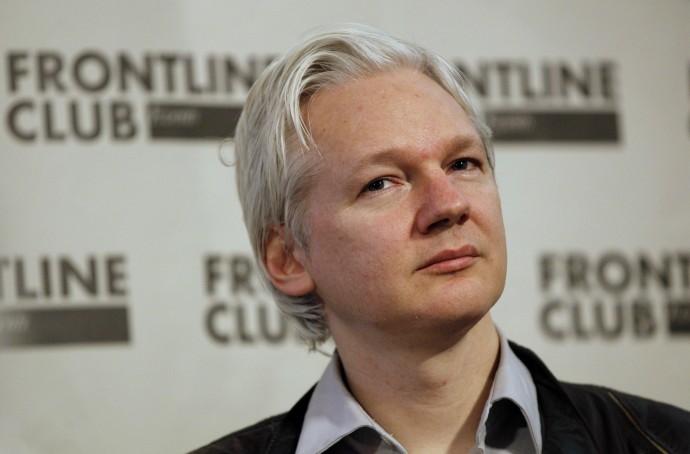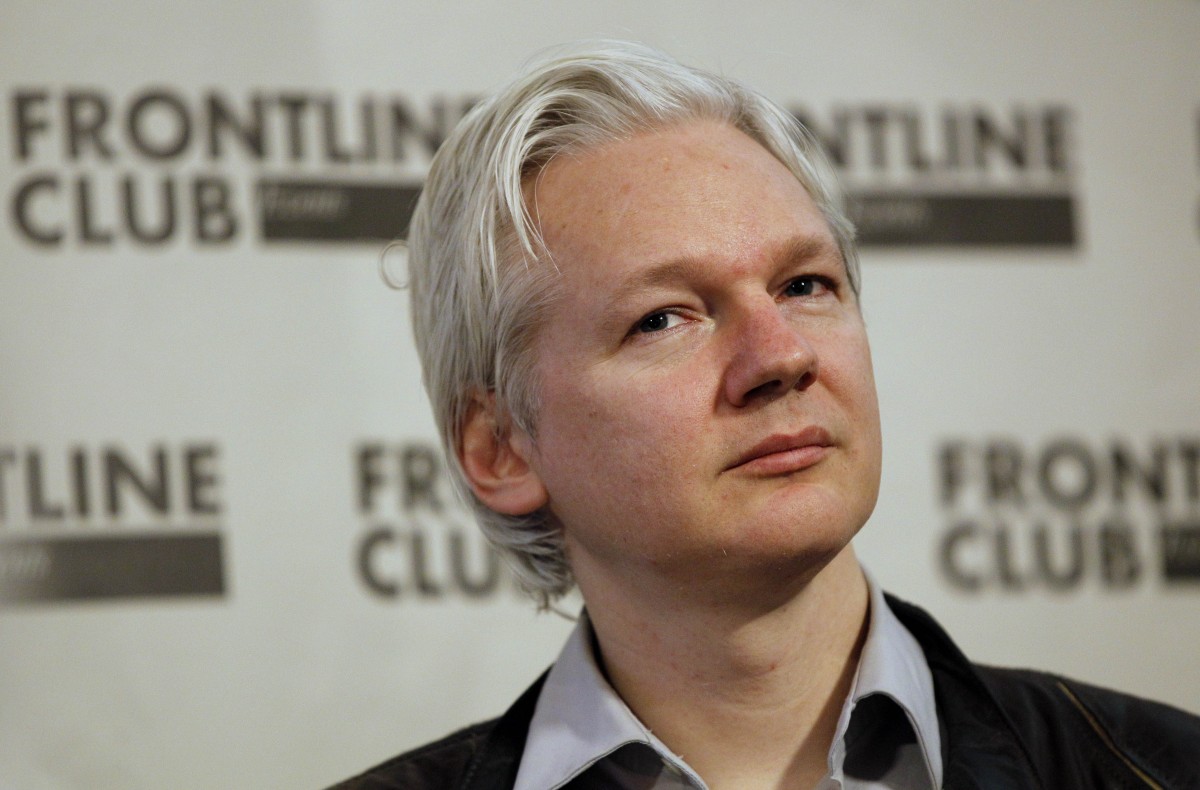
(CHICAGO) — On July 30, the Washington Post headlined «A bill to stop security leaks puts a plug on democracy,» saying that journalists and others talk to officials daily. Background briefings are commonplace. Vital information is discussed. Most of it is unclassified.
On May 15, HR 5743: Intelligence Authorization Act for Fiscal Year 2013 was introduced and referred to committee. On May 31, it passed.
On July 30, S. 3454: Intelligence Authorization Act for Fiscal Year 2013 was introduced and reported to committee. Enactment hasn’t occurred. More on it below.
A Senate amendment to S. 3454 permits only the director, deputy director, or public affairs representative of an intelligence agency to provide «background or off-the-record information regarding intelligence activities.»
Lower level personnel perhaps with contrary views are prohibited from stating them. At issue is government transparency, press freedom, and the public’s right to know.
Independent investigative journalism will be compromised. So will press and other First Amendment freedoms. At issue are provisions listed below.
(1) Requiring Congress to be notified when intelligence related information is publicly disclosed. In addition, maintaining a record of all authorized disclosures is mandated.
(2) Establishing formal leak investigation procedures.
(3) Assessing their effectiveness by expanded polygraph testing despite its unreliability and inadmissibility in court.
(4) Prohibiting cleared personnel from serving as paid consultants or commentators for up to a year after government service.
(5) Letting only designating intelligence community officials communicate with the media.
(6) Requiring all media contacts be reported.
(7) Requiring the attorney general and director of national intelligence (DNI) to report to Congress on improving procedures governing leak investigations.
(8) Punishing unauthorized leakers by rescinding their federal pension benefits.
(9) Prohibiting security clearances for unauthorized leakers.
The Electronic Freedom Foundation (EFF) calls the measure dangerous and «sloppily» written. It goes way beyond stopping classified information leaks. Passage will enact a new layer of secrecy and coverup. The bill’s problems are «extensive and severe.»
A New York Times editorial called it «A Pernicious Drive Toward Secrecy,» saying, «(M)misguided legislation … would severely chill news coverage of national security issues. Drafted in secret without public hearings,» enactment will undermine democracy.
What information is considered classified?
Debate on vital issues will be compromised. Issues like government spying, torture, and war won’t be discussed.
Whistleblowers will be targeted more than now. Discussing truths too important to conceal will be compromised. Mostly unclassified information is affected.
The measure «draws no distinction between information that is properly classified and the vast pile of information that poses no national risk but has been deemed secret thanks only to a dysfunctional system of over-classification of government documents.»
Enactment compromises constitutional rights. It passed the Senate Intelligence Committee with one dissenting vote. Former officials, civil liberties groups, and outspoken journalists denounce it.
Don’t count on Obama to stop it. He routinely supports police state measures. He’s targeted whistleblowers more aggressively than all his predecessors combined. House and Senate approval assures enactment.
Classification expert Steven Aftergood documented worrisome bill provisions. What’s «unauthorized disclosure,» he asked? Clarity about what constitutes the media is absent. Professional journalists are fourth estate members. What about independent writers, bloggers, and social network contributors?
Classified information isn’t defined. «Merely being classified (doesn’t) warrant exemption from disclosure under FOIA.» A court ordered the U.S. trade representative to release a classified document not properly classified. So far the government refused.
The concept of unauthorized disclosure is ill-defined. Interpretations differ. Most bill provisions apply to elements of the intelligence community. Section 501 affects the executive branch. It requires notification of authorized information releases.
FOIA provisions exempt classified information provided it’s «properly classified.»
EFF calls the Senate measure troubling, «given that the government’s secrecy system has ballooned to absurd proportions.»
Secrecy was always excessive. However, «2011 was particularly egregious.» Washington classified 77 million documents, 40 percent more than the previous year.
Government employees with security clearances number 4.2 million. Air Force families are prohibited from accessing WikiLeaks. The Air Force also bars service members in war theaters from reading The New York Times.
Guantanamo detainee lawyers are prohibited from reading WikiLeaks files pertaining to their clients. Some were publicly released. Numerous other examples show troubling secrecy level annual increases.
Virtually everything in government related to national security and foreign policy is now classified. Doing so is often out of line and improper. It’s done to hide embarrassing truths, government waste, corruption, other criminality, and serious constitutional violations.
Former U.S. classification czar, J. William Leonard, calls the system «dysfunctional.» It «clearly lacks the ability to differentiate between trivial information and that which can truly damage our nation’s well-being.»
Bureaucratic overkill stamps virtually everything secret. Leonard was Bush’s secrecy chief. He’s now a vocal critic. The new Senate measure is another attempt to subvert democracy and conceal wrongdoing through secrecy.
The risks of being a whistleblower
Whistleblowers are especially at risk. The Times article said FBI investigations into leaks are «casting a distinct chill over press coverage of national security issues as agencies decline routine interview requests and refuse to provide background briefings.»
If enacted, new anti-leaks legislation may permanently alter the way journalists interact with government officials. Doing so deals democracy another blow.
EFF calls the most disturbing issue the fact that Congress proposed the measure. According to Steven Aftergood, «(T)there is something incongruous, if not outrageous, about the whole effort by Congress to induce stricter secrecy in the executive branch, which already has every institutional incentive to restrict public disclosure of intelligence information.»
Investigations followed previous leaks. «Substantive» Congressional oversight followed. In contrast, post-9/11, Congress and officials in two administrations targeted whistleblowers with a vengeance.
For example, New Yorker contributor Steve Coll addressed Newsweek reporter Daniel Klaidman’s book on Obama’s drone strike policy.
He discusses «the first instance in American history of a sitting President speaking of his intent to kill a particular U.S. citizen without that citizen having been charged formally with a crime or convicted at trial.»
When the New York Times discussed cyberattacks on Iran (based on leaks), The Times said doing so was unprecedented. It compared doing so to «the first use of atomic weapons» against Japan.
These and other issues demand open unobstructed debate and scrutiny. Criminalizing it is unconscionable. Everyone has a right to know. Independent journalists especially serve a vital service. They go where mainstream ones won’t dare. They do it because it’s the right thing to do. Anything less falls short. Free and open societies depend on them.
Secrecy, lack of oversight, and unaccountability prevent the public from knowing what’s most important.
A firestorm of criticism got Senate Intelligence Committee Chairperson Dianne Feinstein to consider bill revisions. A committee aide said she and other senators were «reviewing comments.» They’ll consider changes «as the bill moves forward.»
Modifications are likely before the full Senate votes. Even Bush was less restrictive than Obama. He’s more secretive and draconian than any previous president. He want total control over what’s secret and what’s not.
EFF condemned him and congressional supporters, saying that vital information secrecy, coverup, and obstruction «have no place in a democracy that values government transparency and prides itself on press freedom and justice under the law.»
Obama and those around him are going all out to destroy them. Failure to stop them assures tyranny. It’s already perilously close to full-blown.
Inattention and indifference means accepting the worst of all possible worlds. No one should tolerate them. Resistance, not acquiescence, is essential.


